Millions of people worldwide suffer from various mental illnesses, with the most common mental disorders being anxiety and depression. The most comprehensive mental health study about anxiety and depression to date was published in the journal Psychological Medicine and was performed by researchers from the University of Queensland.
After poring over surveys from 91 different countries involving more than 480,000 people, they found that 1 in 13 people globally suffers from anxiety, and 1 in 21 people will have major depression at some point in their life.
Each person responds differently to coping mechanisms and healing techniques when it comes to mental health and mental disorders. Suppose you want to improve your mental health. In that case, you can do a few simple things that have no harmful side effects like pharmaceutical pills do, and work toward fixing the underlying problem instead of covering it up with a temporary fix.
Here are twenty ways to avoid depression and anxiety:
1. Change your diet.
In Western countries, in particular, our diets have been inundated with heavily processed, chemical-laden, nutritionally-lacking “food-like substances.” If you want to experience better mental health, go to the source first.
Once you start feeding your body with nutrient-dense, high-quality foods such as fresh fruits and vegetables, nuts, seeds, and starches, you will notice a significant shift in your mental health.
Refer to our article here if you’d like to read more about the relationship between our gut and our brain.
2. Find hobbies that you genuinely enjoy.
Often, we tend to choose activities that will increase our productivity and benefit our lives in the long term. Productivity and goal-setting have been so ingrained in our culture that allowing ourselves the time to have experiences for our enjoyment seems like a ludicrous idea. Frankly, we work too much and play far too little.
Put yourself first for a change, forget about work for a bit, and do something that makes you feel free. In our search for ways to help people with anxiety and depression, maybe we should look at how much time they allow themselves to have fun instead of just prescribing another pill.
3. Another way to improve your mental health is to set goals.
Contrary to our last point, having some goals can add to your mental wellness. Of course, this needs to be offset by plenty of time for self-care, self-love, and self-expression, but at least some of your time should be spent on what you’d like to accomplish in your life. You don’t have to have some glorious goal in mind, but having something to work towards, even if it’s cutting out watching TV before bed, can improve your mental health.
We all want to feel good, and reaching our goals and facing challenges can help improve our moods.
4. Volunteer for a cause you believe in.
Not to discount anxiety and depression at all, but many people spend so much time focusing on themselves and how they feel that they leave very little time for helping others.
A study performed by researchers at the University of Exeter Medical School in England found that volunteers reported decreased depression, higher levels of satisfaction, and an increase in well-being.
5. Adjust your self-talk.
Many times, we beat ourselves up for no reason. Having positive conversations with yourself can uplift your mood and increase your self-esteem, which will help you have a brighter outlook on yourself and life in general. Try to recite an encouraging mantra each morning to get your day started on the right foot, and repeat positive affirmations to yourself throughout the day to keep the good vibes flowing!
6. Don’t fight your emotions.
Regarding mental health and mental disorders, many sufferers continue to fight their feelings instead of simply allowing them. Don’t stuff your emotions down in an attempt to get rid of them; this will only enhance mental illness. Start treating yourself with compassion, and don’t expect perfection – no one feels 100% balanced and mentally healthy all the time, so don’t expect yourself to.
Healthily express your emotions, whether through talking with someone, journaling, drawing, singing, or whatever means feels right to you.
7. an excellent natural treatment for anxiety and depression is to spend more time outdoors.
Make sure you get enough sunshine. Doctors and mainstream media have told us to fear the sun because it might cause skin cancer. But just as we shouldn’t lay out in the sun all day, so shouldn’t avoid it altogether. In modern times, many people have very little access to the outdoors, leading to a Vitamin D deficiency. Vitamin D helps to regulate our moods and supports other vital bodily functions, so make sure to spend at least 30 minutes a day outdoors to improve your mental health.
8. Work through your fears.
Instead of running from your fears, go in the opposite direction. Take steps each day to overcome your concerns, and once you come face-to-face with them, they won’t seem so scary. To improve our mental health, we need to learn and grow each day actively. Instead of living in fear, live in love and passion. Look at life as an endless learning tool, and it won’t seem so scary anymore. Life provides plenty of opportunities to feel good. We just have to be willing to take them.
9. Make sure to get adequate sleep.
Frequently, a poor sleeping schedule can lead to even worse mental health. Try to get at least 7-8 hours of sleep a night for a natural way to help mental illness.
10. Don’t feel bad for saying no.
Don’t take on more than you can handle; start getting comfortable saying no. No one can do everything that people ask of them, so don’t try. Being a people-pleaser means you regularly put yourself on the back burner, which eventually leads to burnout. Say yes to yourself more, and you will start to see your mental health improve.
11. Avoid Toxic People
Some people make us feel bad about ourselves, even if we can pinpoint the reason. Spending time with people who bully others, put you down, or exhibit other harmful behavior could cause anxiety or depression. Some toxic people will take advantage of you, too.
If you recognize toxic people in your life, make a change right away. Stay away from people who make you feel bad about yourself, take advantage of you, spread rumors, or bad-mouths people.
12. Focus on Healthy Relationships
A support system can make all the difference in your life as it makes you happier. Studies show that social support can protect against depression and promote mental health. After you eliminate toxic people from your life, focus on healthy relationships. Foster the ones that make you feel good about who you are, and you’ll notice an overall improvement in your life.
13. Practice Mindfulness
Practicing mindfulness is one of the best ways to improve your mental health. It improves your mood and reduces stress. You can meditate, take a walk to write about your surroundings, keep a gratitude journal, listen to music, or slow down your breathing.
14. Regularly Exercise
Experts say that regular exercise can help treat and prevent depression. It increases your body’s temperate, calming your central nervous system. Exercise boosts physical and mental health, and it can quickly change your life.
Exercise also releases feel-good chemicals that boost your mood and improve overall mental health. It reduces chemicals associated with depression. Aim for at least 150 minutes of moderate to intense exercise each week, breaking it into small sessions.
Some of the ways you can get more exercise include joining a sports team or exercise studio. You can also take the stairs instead of the elevator or park at the back of a parking lot. The best way to get more exercise is to make it a habit.
15. Seek Professional Help
Talking therapy is a beneficial way to overcome and avoid mental health issues. It helps you discover the root cause of your mental health concerns, allowing you to address them. Therapy can help you grieve, find new ways of acting and thinking, and look into past traumatic experiences.
16. Minimize Daily Choices
Experts say that when faced with too many choices, aiming to make the best ones causes higher rates of anxiety and depression. Each day comes with options, from what outfit you wear to what you eat. However, no matter how small the decisions are, they pile up.
To minimize your daily choices, learn to be decisive more quickly and reduce the number of decisions you’ll have to make. Plan your outfits and meals, and don’t put off other accessible choices.
17. Avoid Stress as Often as Possible
Research shows that people with chronic stress have a higher risk of mental health concerns. Some people are more susceptible to stress, including those with a genetic predisposition. People who experienced neglect or abuse as a child are more likely to become stressed.
18. Limit Social Media Time
Increased social media use can contribute to anxiety, depression, and low self-esteem. Social media can be addicting, although it’s a way to stay in contact with friends and family. It’s one of the easiest ways to share big news or plan and invite others to events.
Some of the ways to limit social media use include:
- Only logging into social media with a purpose
- Avoiding logging in several times a day
- Deleting the app from your smartphone
- Using extensions that only allow you to use social media for a preset time
19. Think About Your Triggers
Identifying your triggers can help you avoid depression and anxiety. When you know your triggers, you can plan for them or work to prevent them. If you can’t avoid the triggers, you can plan for them by:
- Reminding yourself what’s coming and what it’ll involve
- Having a friend check in with you during the experience
- Make an appointment with a therapist before and after
On the other hand, if you can avoid your triggers, it’s best to do so. Eliminate or reduce exposure to prevent depression. Some avoidable triggers include exposure to news or media, alcohol or drug use, or not getting enough sleep.
20. Reduce the Use of Alcohol, Drugs, and Nicotine
Excessive use of alcohol, drugs, and nicotine is associated with higher risks of anxiety and depression. If it’s hard for you to limit alcohol use during social situations, make a few changes to make it easier.
Consider ordering an appetizer instead of a drink, or choose a location that doesn’t have alcohol. Another option is to ask for juice and not tell anyone it’s a non-alcoholic beverage. The people in your life should accept your decision to refrain, but you don’t have to say it to them right away.
Nicotine can perpetuate anxiety and depression, so it’s best to avoid that. To quit smoking, remind yourself of all the benefits of stopping. Try to find a friend to hold you accountable and quit with you.
If you need help stopping drug use, you can reach out to a professional. You can talk to a therapist for more options or reach out to a National Helpline.
7 Common Anxiety Triggers
Recognizing triggers can help you address them and improve your life. If anxiety seems to consume your daily life, start by figuring out what causes it. Some of the potential causes are common, so look for the following situations.
1. Neglecting Yourself
When you don’t take care of yourself, it can quickly cause mental health issues. You must take care of your personal needs and focus on self-care to live a happy and fulfilling life.
You’re likely perpetuating mental health issues if you don’t shower regularly, continually skip meals, or frequently stay up too late. Make beneficial life changes that promote personal health and happiness.
2. Financial Concerns
Your finances can directly lead to depression and anxiety. Financial concerns happen to everyone, even those who appear to live comfortably. You might be worried about saving money, paying off debt, or paying for an unexpected expense.
Having a financial plan can significantly reduce symptoms. If you can’t plan alone, seek the help of a financial advisor.
3. Regularly Skipping Meals
If you don’t eat regularly, it could cause a blood sugar drop. With low blood sugar, you might become jittery and experience anxiety symptoms.
Eating well-balanced meals is essential as it provides you with energy and nutrients, preventing low blood sugar, nervousness, or agitation. Without regular meals, your mood takes a hit, affecting your mental health.
4. A Messy or Cluttered Home
A messy home can cause depression because it’s a lingering item on your to-do list. You always feel like you must accomplish so many things around the house, causing stress and overwhelm.
Many times, the tasks seem so overwhelming that you avoid them. However, avoiding decluttering and cleaning exacerbates the issue because it keeps pressing. Start tidying up regularly to reduce your anxiety and eliminate one thing from your to-do list.
5. Health Issues and Medications
An upsetting or difficult health diagnosis can trigger or worsen anxiety. It’s a powerful trigger because it produces immediate personal feelings that can be overwhelming.
To avoid this trigger, be proactive with your healthy by attending regular check-ups. Address health concerns early on to prevent worsening conditions. Additionally, talk to a therapist to process your feelings surrounding a diagnosis.
Some prescription and over-the-counter medications can trigger depression, too. The ingredients in these medications can cause you to feel uneasy, setting off events in your body and mind that cause symptoms. Common medicines that trigger anxiety include birth control pills, cough and congestion medications, and weight loss prescriptions.
6. Caffeine
Caffeine can be beneficial in small doses, but anything more can induce anxiety. Sometimes caffeine can even trigger a panic attack. If you notice that caffeine triggers or worsens your symptoms, try cutting back one serving at a time.
Everyone’s tolerance is different, so it’s hard to determine how much you should consume. As you cut back, note how you feel each time, deciding if you need to keep minimizing your intake. You can also try decaffeinated coffee or tea as a replacement.
7. Negative Self-Talk
Your thoughts control how you feel, and negative self-talk can trigger anxiety. If you frequently get upset or frustrated and resort to negative thinking, it’s time to make a change. Learn to refocus and shift your thought process, allowing yourself to eliminate negativity.
Final Thoughts on Living with Anxiety
You can’t eliminate or prevent depression and anxiety, but you can try to make a change. Your lifestyle choices play a role in your mental health, so you must learn to manage symptoms. Once you make it happen, you can prevent a reoccurrence.
It’s beneficial to your overall mental health and well-being when you learn to avoid depression and anxiety. If you can’t avoid it on your own, consider seeking professional help. You deserve to live a happy and fulfilling life, and you can make it happen.

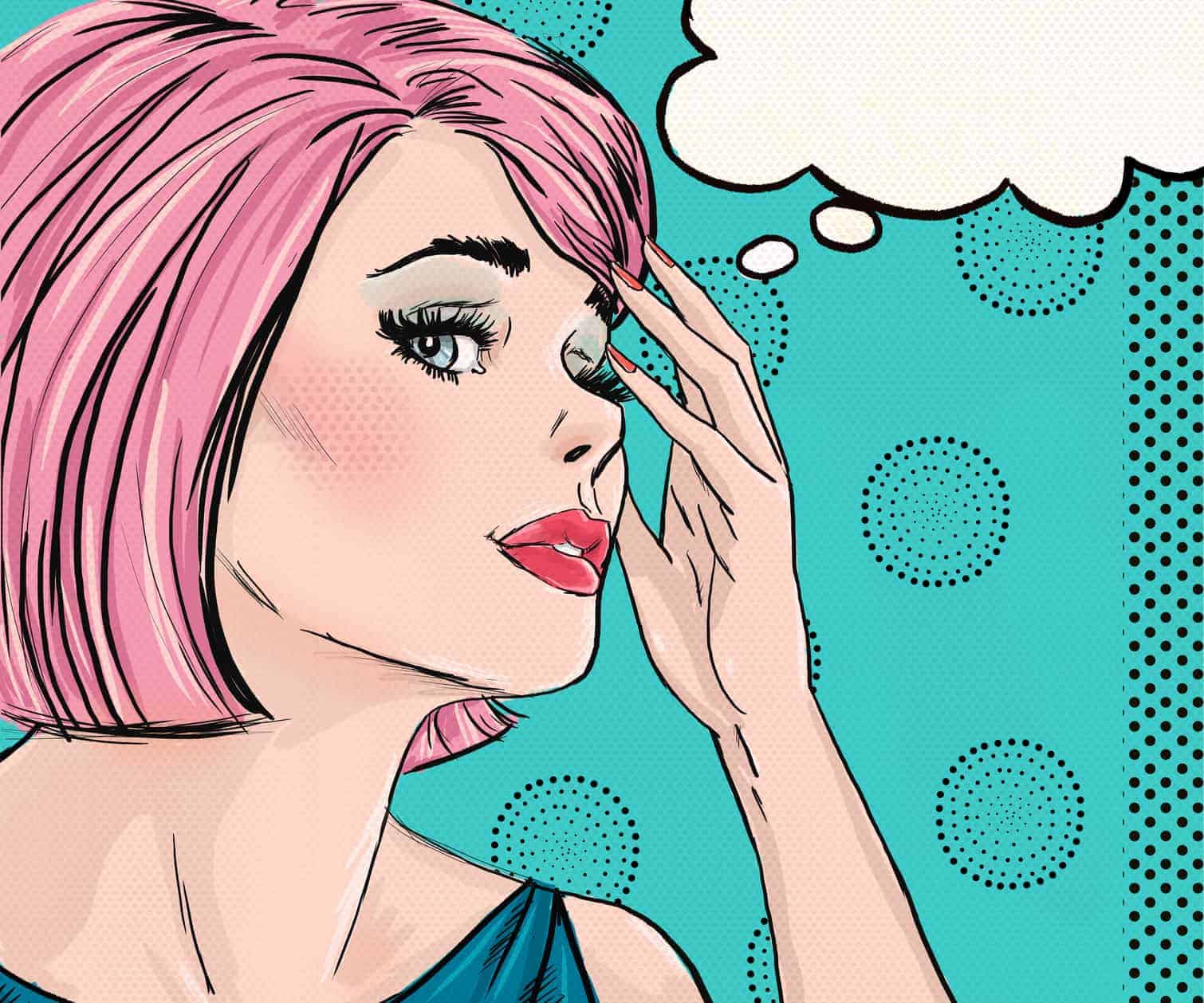

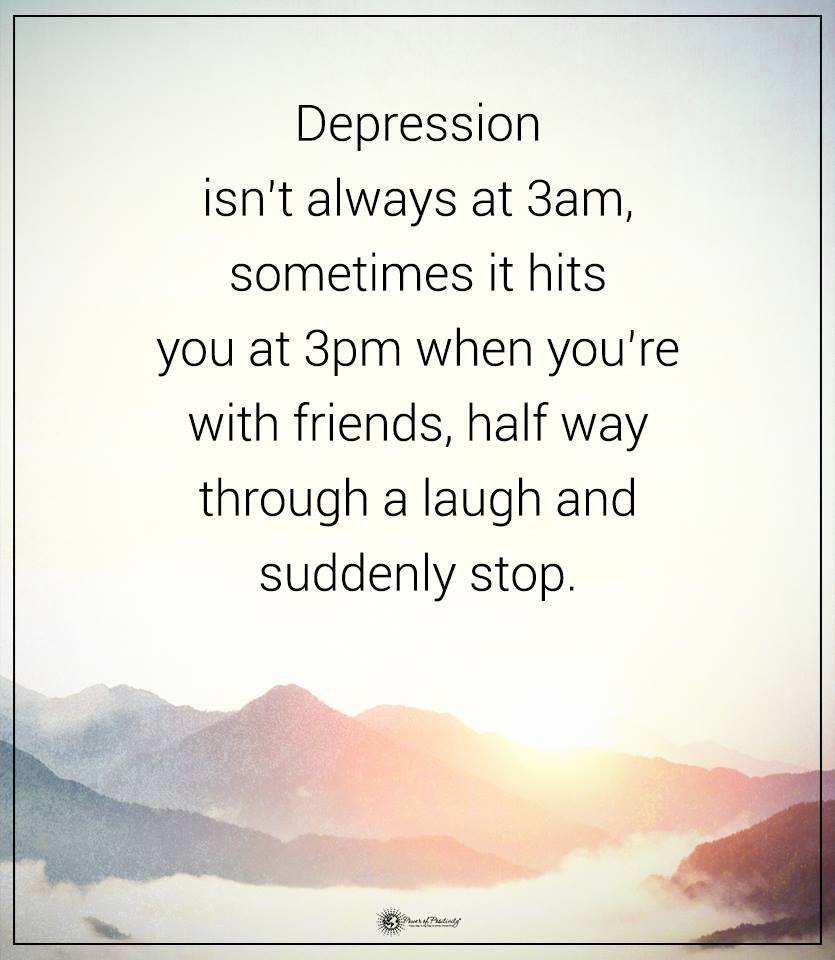

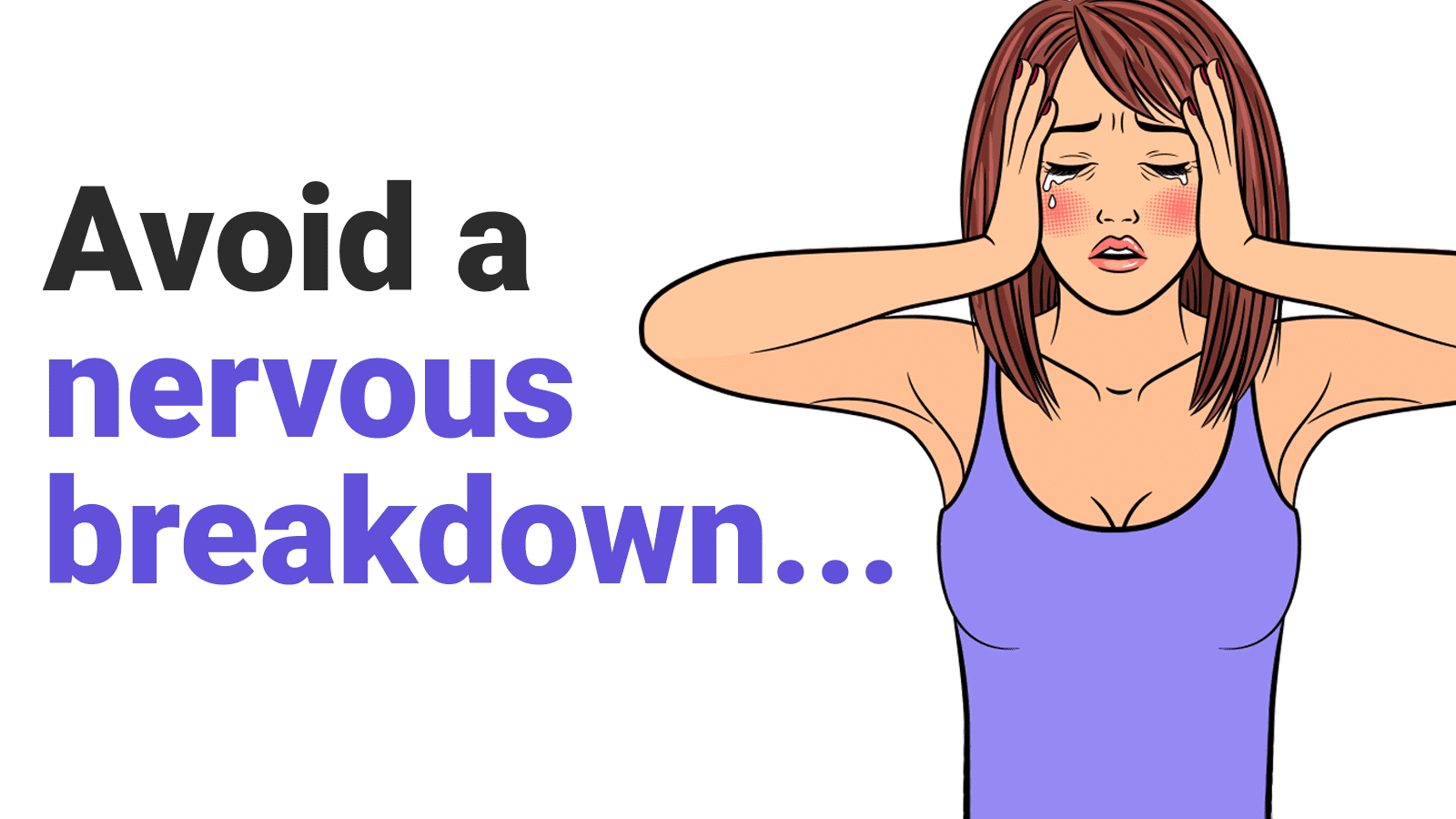
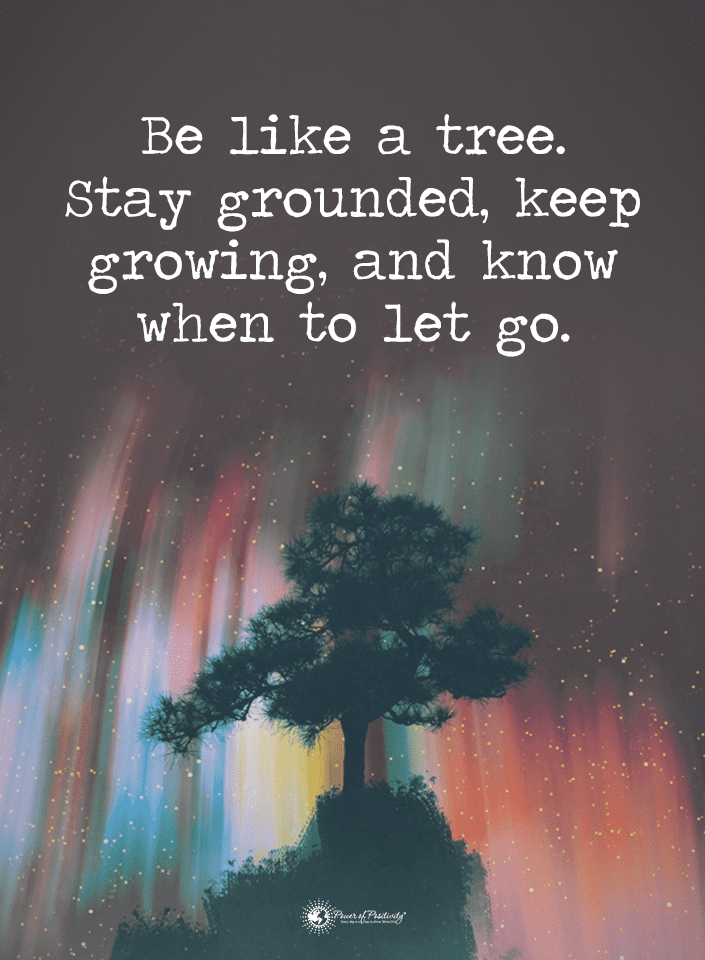
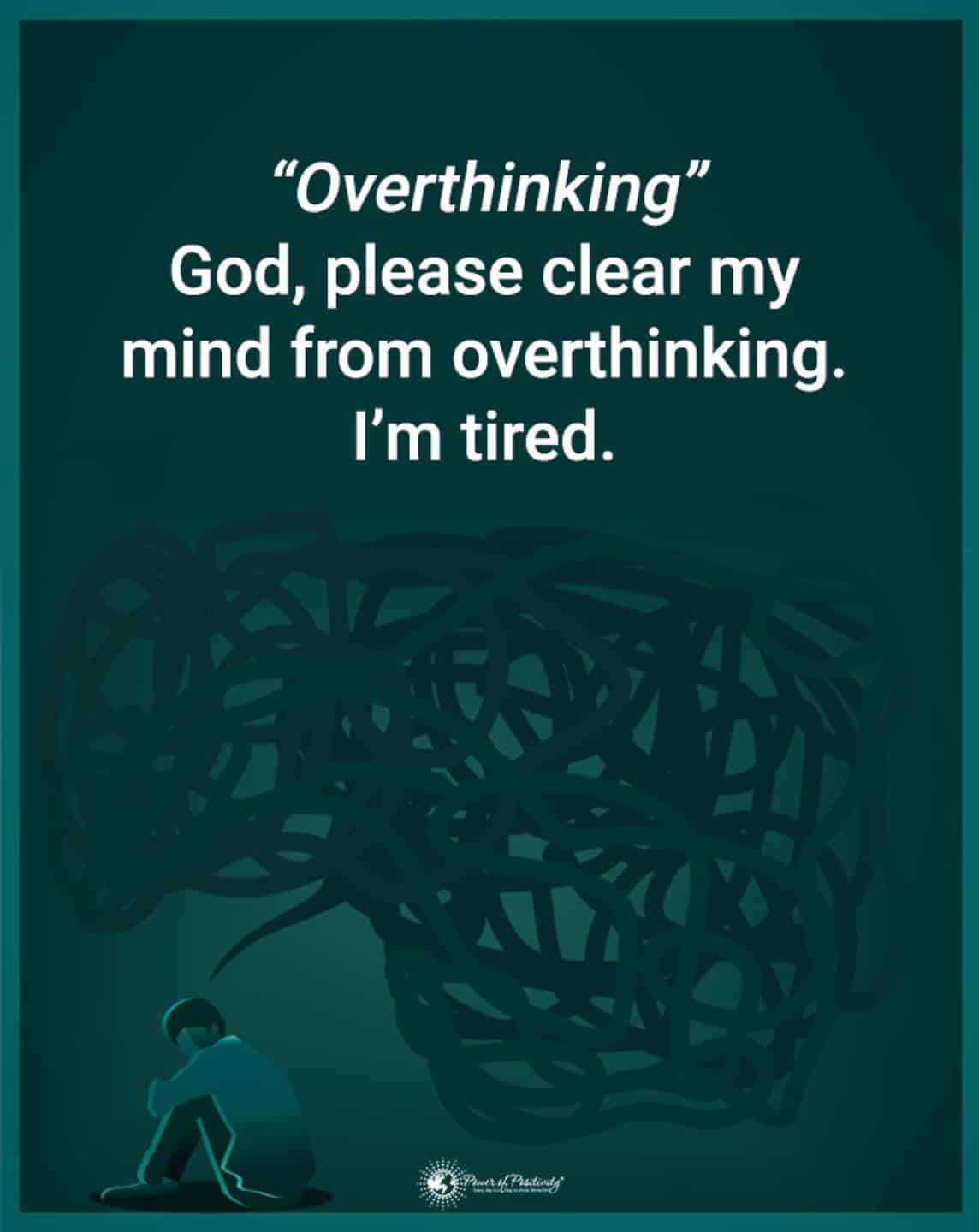










 Community
Community

